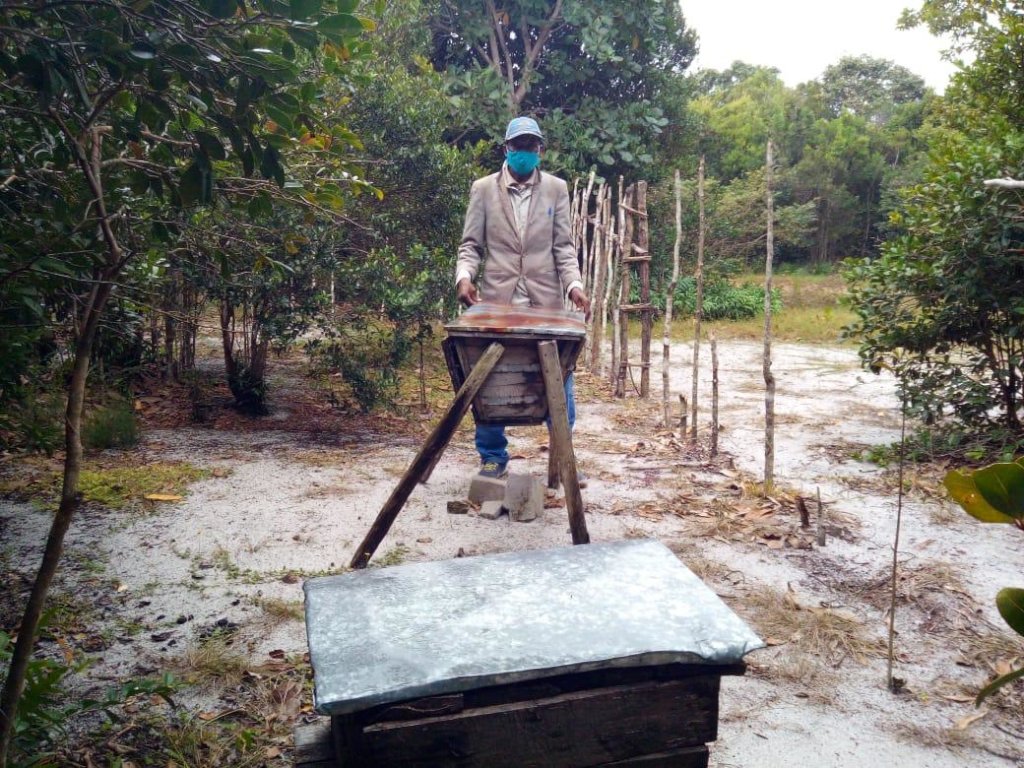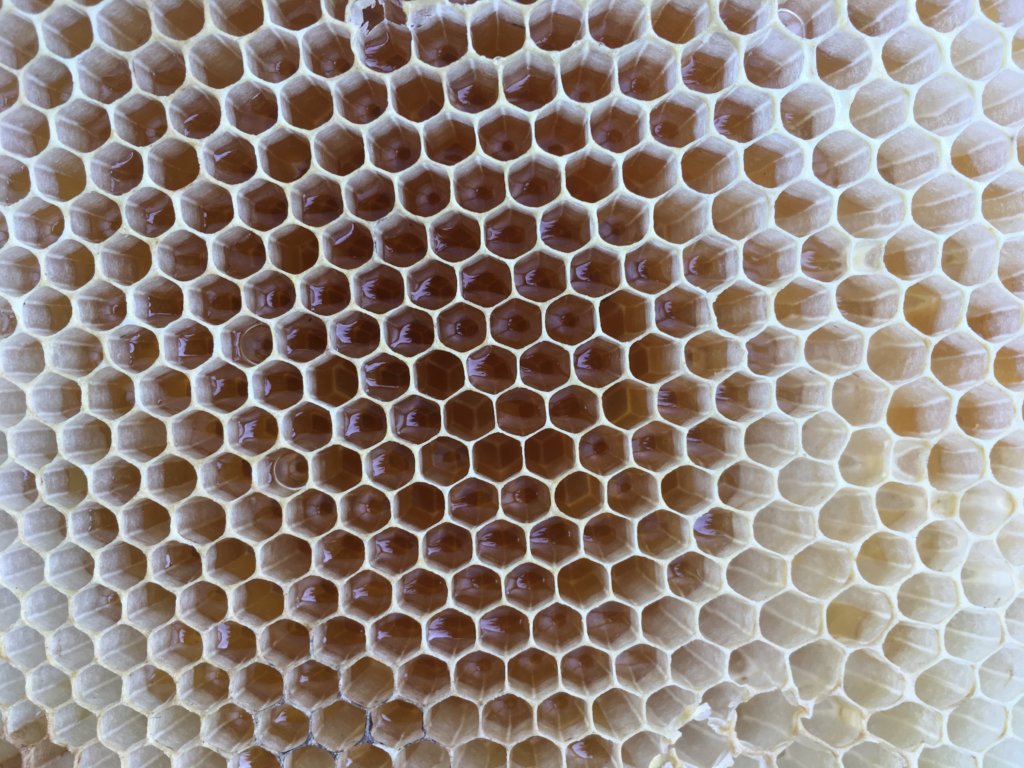By Rainie Schulte | Project Development Officer
Like everywhere in the world, Madagascar is impacted by the coronavirus pandemic. COVID-19 cases are now rising rapidly in Madagascar, where access to testing is limited and knowledge of the virus is minimal. Over the past four months, the Renitantely team had to be flexible and creative in adapting project activities, not only to protect themselves and the beneficiaries, but also to match the needs of the communities as the impacts of the COVID-19 pandemic are revealed. A major concern is the economic effects of the pandemic. It is becoming more and more difficult for our beekeepers to buy enough food for their families, as the prices of staples such as rice, oil, and cassava rise.
Many livelihoods are becoming less viable during this time. Travel to Fort Dauphin, the region’s urban centre, is restricted, resulting in prices of goods, such as woven mats, and food, such as fish and lobster, drastically decreasing. Project Renitantely is uniquely positioned to meet the economic and food needs of communities that are affected by COVID-19. Beekeeping not only provides project beneficiaries with a sustainable source of income, but also with honey, a food source rich in calories and highly regarded for its natural medicinal effects. As a result, honey is one household staple that has maintained its price and demand, even in rural markets. Thus, it is important that our beekeepers continue to get the support they need. To make attendance safer for the beekeepers and our staff, meetings are held outside and in small groups, physical distance is maintained, and it is required to wear a mask. SEED has distributed 178 masks to Renitantely beekeepers and their families.
Trainings have also proven to be great opportunities to provide rural community members beyond project beneficiaries with essential information about COVID-19 that they might not otherwise receive. The Renitantely team has directly reached more than 200 individuals through COVID-19 information sessions. Topics covered in these sessions are symptoms, and the importance of physical distancing, wearing masks, avoiding physical contact, and frequent handwashing. Community members have shown great interest in learning more about how the virus is transmitted and about prevention measures that they can take to keep themselves and their families safe.
Project reports on GlobalGiving are posted directly to globalgiving.org by Project Leaders as they are completed, generally every 3-4 months. To protect the integrity of these documents, GlobalGiving does not alter them; therefore you may find some language or formatting issues.
If you donate to this project or have donated to this project, you can recieve an email when this project posts a report. You can also subscribe for reports without donating.
Support this important cause by creating a personalized fundraising page.
Start a Fundraiser
